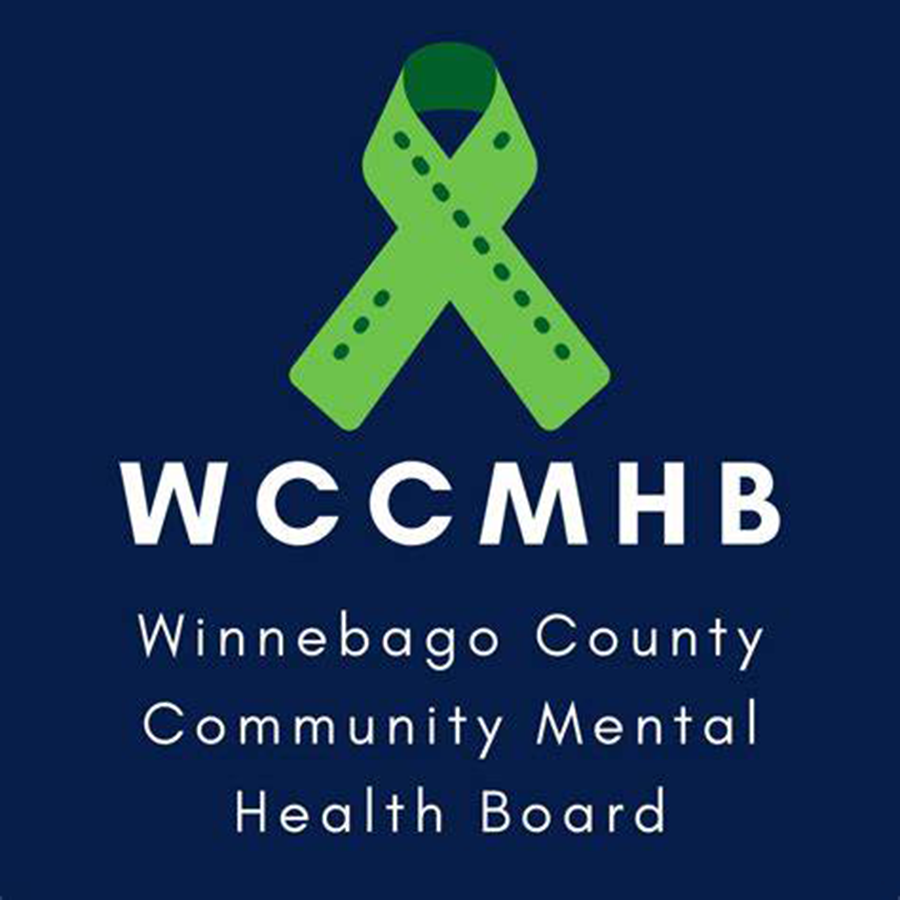Having a child with anxiety can be overwhelming and difficult to handle. If your child is having a hard time with going to school, new places, or even social events this can be affecting everyone in the household. Helping a child with anxiety requires a supportive and understanding approach. Here are some tips I encourage parents to use when we have a family session. These tips can help anyone who has anxiety but can be especially helpful for parents.
Open Communication
- I encourage you to allow your child to express their feelings with you. You have to create an open and non-judgmental environment where they feel safe discussing their worries. If your child states their feelings and emotions to you, this is the start of creating a strong bond between you and them. Saying phrases like, “I am here for you” or “I will listen to what you have to say” are great ways to begin communicating.
Validate Their Feelings
- Let your child know that it’s okay to feel anxious. Validate their emotions and tell them that you understand what they’re going through. “I can see you are anxious about school, what can we do?” This helps your child to feel less lonely and allows them to be heard.
Teach Relaxation Techniques
- I have a previous article about grounding, journaling, and mindfulness techniques that help introduce these practices into your child’s daily life. You can practice relaxation techniques with your child, such as deep breathing, journaling, and mindfulness. These can be great tools for easing anxiety.
Limit Exposure to Stressors
- Identify triggers that contribute to your child’s anxiety and work together to find ways to minimize exposure. For example if your child is afraid of the news, it can be helpful to limit news coverage by watching the news at night when they sleep. This might involve setting boundaries or finding other solutions.
Promote a Healthy Lifestyle
- It is important your child gets about 8 hours of sleep a night, eats healthy foods, and engage in regular physical activity. A healthy lifestyle can positively impact mood and stress levels.
Model Healthy Coping Strategies
- Children often learn by example and model after us. Demonstrate healthy ways to cope with stress in your own life, so they can observe and learn from your positive behaviors. If your child sees that you can problem solve and react calmly to a situation they will mostly follow in your footsteps.
Encourage Social Connections
- Allowing your child to join a sports team, an after school club, or even a support group in the area can be extremely beneficial. They will find healthy and positive relationships with other children, improve their mood, and hopefully lower their stress.
Celebrate Achievements
- Acknowledge and celebrate small victories. This can boost your child’s confidence and grow their ability to overcome challenges. I encourage guardians to celebrate their child’s flexibility by saying, “Wow, I saw how you were flexible with the homework and you did it all by yourself”.
Find a Common Ground
- As parents we don’t want to see our children suffer or in pain, but sometimes it’s important to feel uncomfortable and learn how to overcome it. If your child is scared or anxious to go to school, try finding a common ground where we can attempt to go to school 4 times a week. Or if they are scared of new places, allow a challenge, “let’s stay for 45 minutes”
Seek Professional Help if Needed
- If your child’s anxiety is impacting their daily life, consider seeking help from a mental health professional. A therapist or counselor can provide strategies and support tailored to your child’s needs
Remember that each child is unique, and what works for one may not work for another. It may take time to see progress, so be patient and continue to offer your support. If you have concerns about your child’s anxiety, you can always call for an intake appointment with a mental health counselor here at Family Counseling Services.










